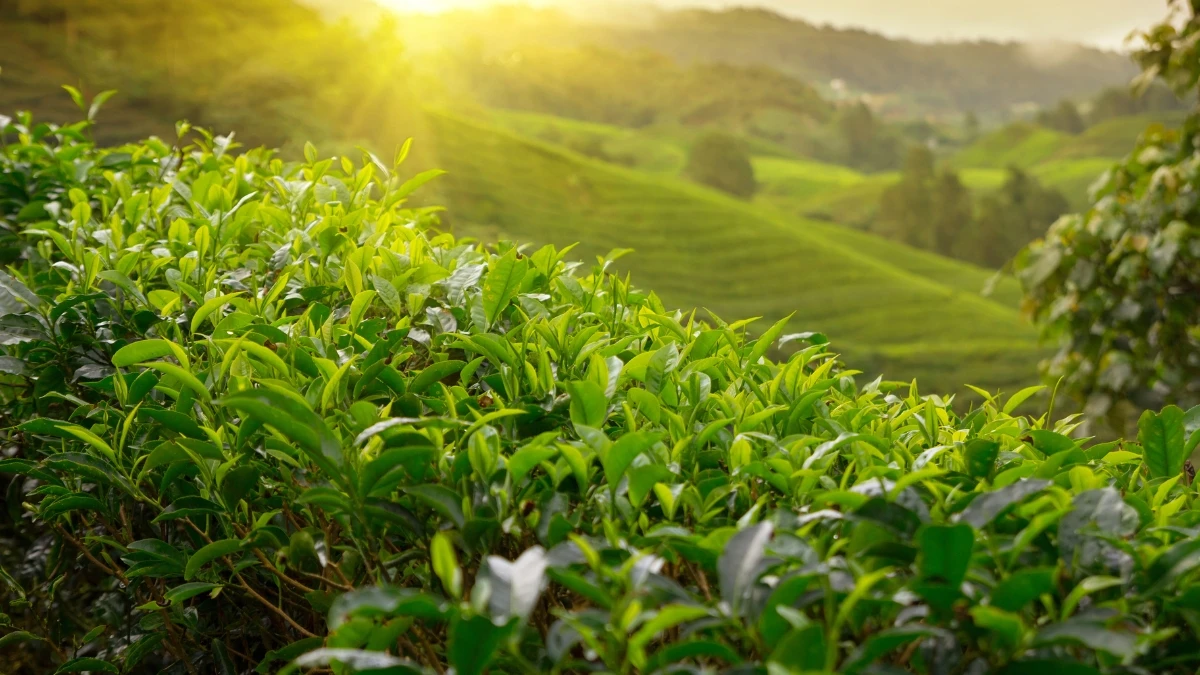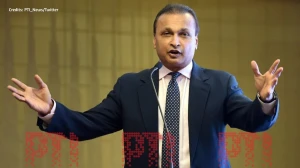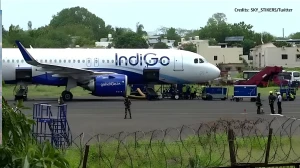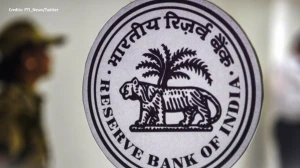Kolkata, Oct 10 (PTI) The existing dual structure in the tea industry - the presence of small and large organised growers - has to be viable for long-term sustenance, Assam Chief Secretary Ravi Kota said.
Assam, the largest tea-producing state in India, contributes nearly half of the country's annual crop.
"The dual structure, the presence of large organised players and small tea growers (STGs), has to be viable and they must coexist without undercutting each other", Kota said at the annual general meeting of the Indian Tea Association (ITA) here on Thursday evening.
He said the large organised sector has to fulfil certain welfare obligations under the Plantation Act, which the STGs do not have to follow suit.
"Both the segments have to be viable and stay put in the country", he said.
STGs contribute to more than 50 per cent of India's tea production annually.
Kota also called for the need for a minimum sustainable price for tea, and said a model should be chalked out which is fair.
In the case of tea imports, he said there should be mandatory disclosure of origin for traceability.
ITA chairman Hemant Bangur said that the tea industry is faced with multiple challenges like price stagnation, labour availability and climate change.
Operations of the organised tea sector are gradually becoming unviable due to high cost overheads, Bangur said, adding that there is a need for a level playing field.
Orthodox tea production needs to be incentivised, and RoDTEP rate should be increased, he said.
Operational since 1st January 2021, the RoDTEP scheme is designed to reimburse exporters for embedded duties, taxes, and levies that are not otherwise refunded under any other existing scheme.
He said climate change is also having its bearing on the tea industry, and the recent devastating rains and landslides in north Bengal are a pointer to this.
North Bengal, comprising Darjeeling, Dooars and Terai, is a large tea-producing zone.
He said the Darjeeling tea industry should be given a financial package to help it come out of the crisis.
This report includes content sourced from Press Trust of India (PTI), edited for clarity and context.






